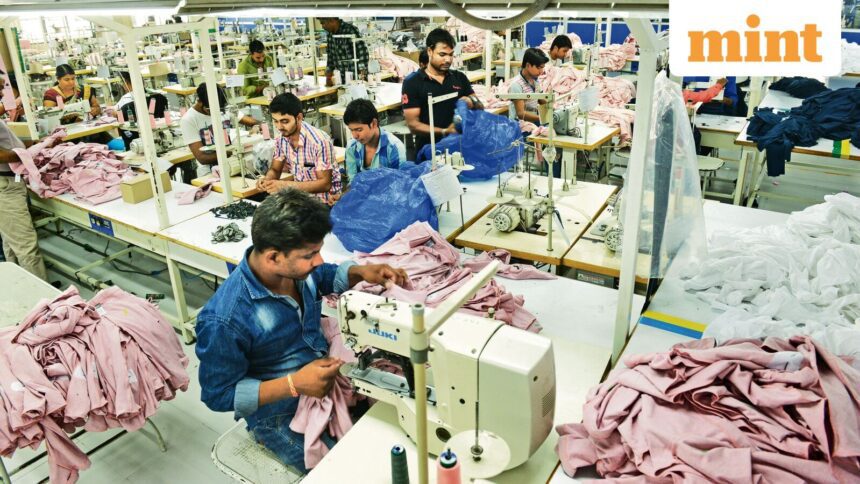In June, the Ministry of Micro, Small and Medium Enterprises (MSMEs) launched a dedicated Online Dispute Resolution (ODR) portal aimed at swiftly addressing disputes over delayed payments. This portal is designed to assist small businesses in filing claims digitally, tracking their cases, and recovering dues from larger corporations, government entities, and public sector units in a transparent and effective manner. Currently, only state governments possess the authority to empanel private ODR firms for these disputes.
Officials, speaking on the condition of anonymity, indicated that the MSME ministry is contemplating a similar framework at the central government level, which would also allow for the empanelment of private ODR service providers. “Currently, as per law, only state governments can empanel private firms for resolving delayed payment disputes. But more needs to be done. The government is considering granting more powers to the central government for a more efficient dispute resolution process,” stated one official.
A second official confirmed that efforts are underway to develop this proposal, although it may take time before definitive changes are enacted. Queries sent to the MSME ministry remained unanswered by press time.
Delayed payment disputes arise when MSME suppliers have payments pending for over 45 days after delivery. According to Section 18 of the MSME Development Act, 2006, the Micro and Small Enterprises Facilitation Council (MSEFC) established by each state government has the authority to handle such disputes or refer them to alternative dispute resolution (ADR) institutions. Under this law, they can also empanel private organizations to aid in the resolution process.
The MSME ministry plans to create a comparable mechanism at the central level. However, the lack of private institutions providing dispute resolution services is particularly acute in northeastern states and smaller cities, as noted by P. Madhava Rao, registrar of the Amika Arbitration and Mediation Centre in Hyderabad. “It’s a challenge for state governments to identify ADR institutions in these areas,” Rao remarked.
He emphasized that since the central government established the MSME ODR portal, it should also take the lead in empaneling private ODR firms and guiding the states.
This proposal emerges against a backdrop of state-level facilitation councils failing to deliver effective outcomes. Reports indicate that a significant number of the more than 250,000 claims submitted by MSMEs remain unaddressed, with fewer than 10% reaching mutual settlements.
India’s MSME sector comprises over 66 million small businesses, accounting for approximately 45% of the country’s exports, with micro and small enterprises making up more than 90% of that sector. Established in 2017, state-run MSEFCs were intended to hear applications from MSMEs regarding delayed payments and attempt resolution through arbitration, mediation, or conciliation.
Nonetheless, these bodies have not proven as effective as intended. An earlier report by Mint highlighted that MSMEs are increasingly resorting to litigation to overcome delayed payment issues, with MSEFCs lacking the necessary authority to compel larger firms to meet their financial obligations.
At that time, the government was in the process of developing the MSME ODR portal to enhance MSEFCs’ efficiency by enabling online dispute resolution.
Online dispute resolution is particularly suited for smaller-value disputes, providing a platform where parties with limited access to traditional courts can present their cases. For MSMEs located outside urban commercial centers, ODR presents an opportunity to minimize travel costs and time requirements.
To date, over 254,000 applications totaling ₹28,143 crore have been filed by MSMEs with state MSEFCs, as reported on the government’s MSME Samadhaan portal. Of these, more than 70,000 applications were rejected, while around 50,000 have been resolved by MSEFCs, with approximately 23,000 cases resulting in mutual settlements between the parties involved.










